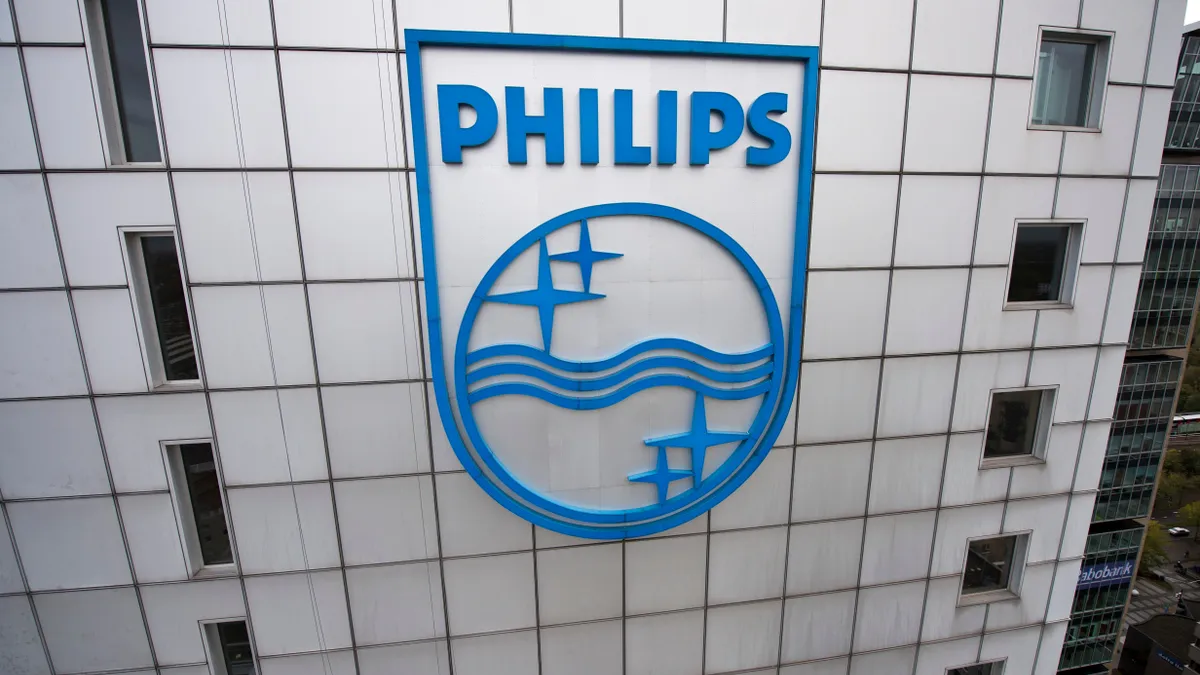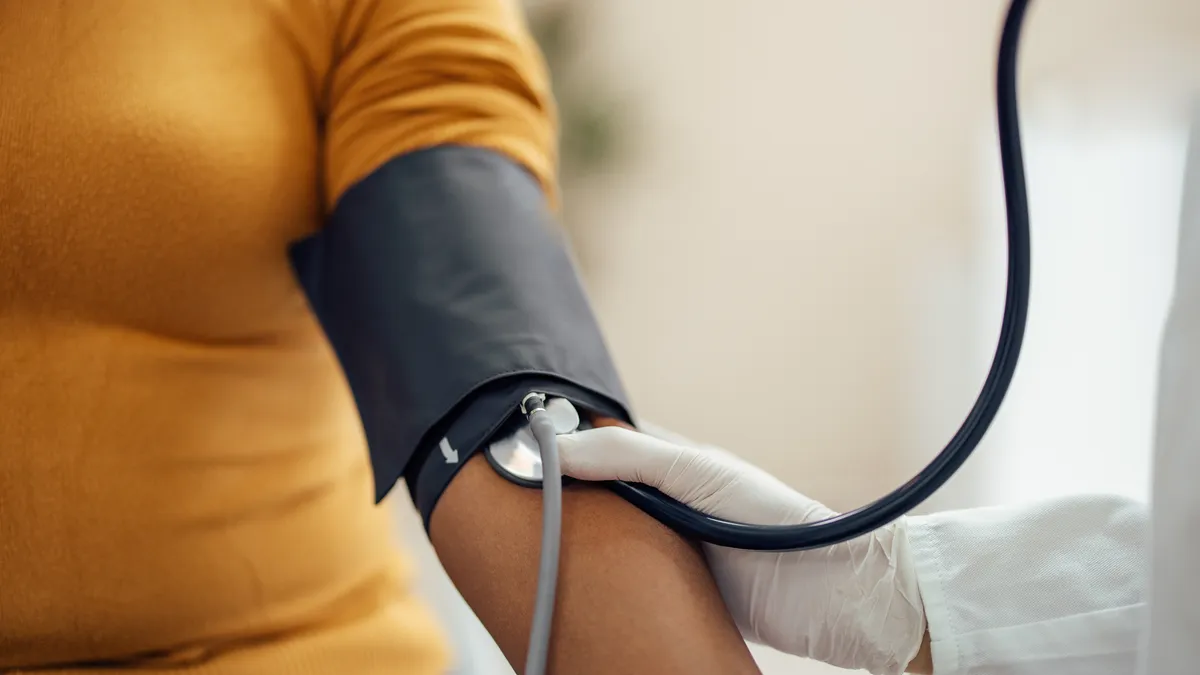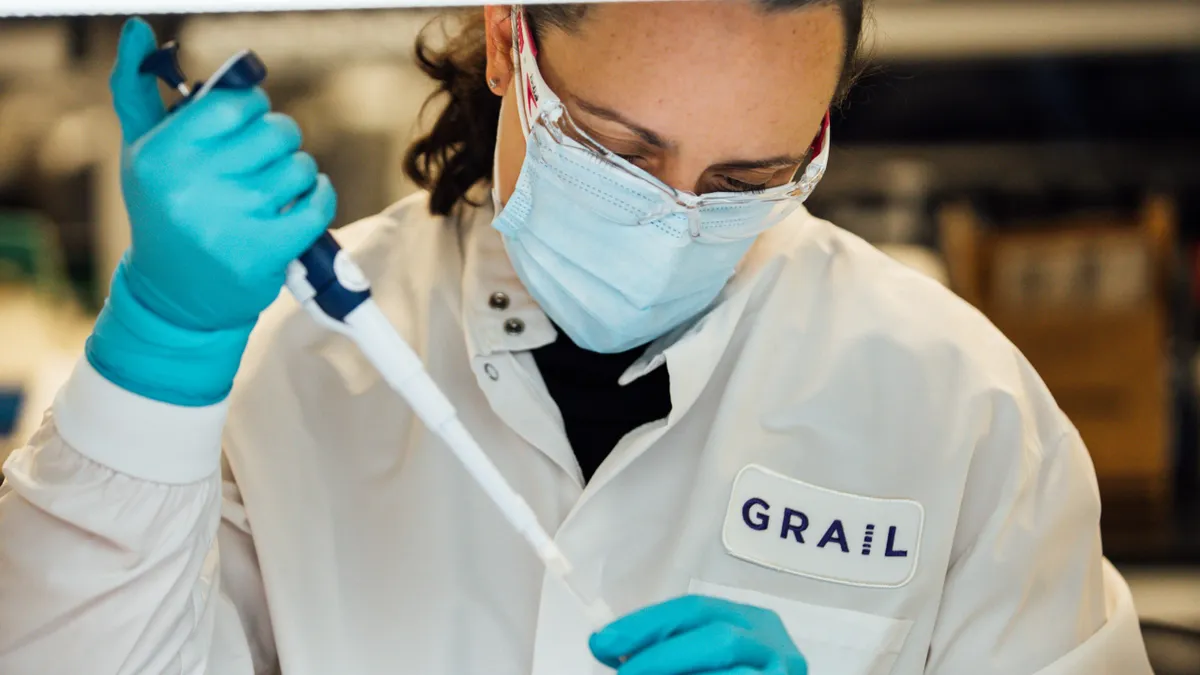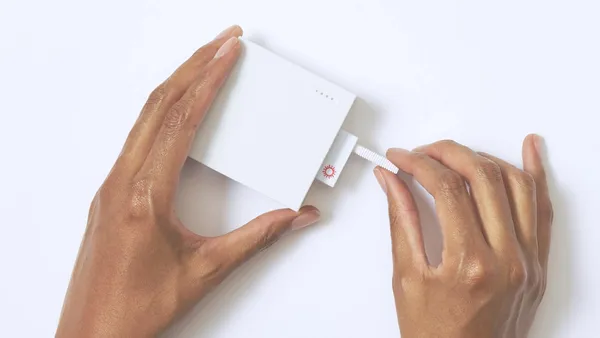Dive Brief:
-
Philips on Monday reported first-quarter financial results that beat analyst expectations, enabling the Dutch conglomerate to raise its guidance for the full year.
-
The 9% comparable sales growth was supported by the return of elective procedures, which by March had risen to pre-pandemic levels. Philips expects procedure volumes to continue to gradually increase over the rest of 2021.
-
Despite the growth, Philips posted a loss from continuing operations. The loss reflects a €250 million ($302 million) provision to cover the cost of addressing a quality problem with the company's first-generation DreamStation CPAP machines.
Dive Insight:
The first-quarter earnings season has offered encouragement to companies dependent on elective procedures, with Edwards Lifesciences, Intuitive Surgical and Johnson & Johnson reporting rebounds in volumes since the start of the year. Philips provided further evidence of the return of elective care on Monday.
"March was very strong on elective procedures," Philips CEO Frans van Houten said on a quarterly results conference call with investors. "On the consumption of our catheters, we are well ahead of 2019 on a run rate basis. And that bodes for a very nice growth step up over 2019 in [image-guided therapy] devices."
Mid-single-digit growth in image-guided therapy devices contributed to a 9% increase in sales for the diagnostics and treatment business. The consensus analyst estimate collated by Philips predicted 4.5% growth. At 17%, the personal health unit was the fastest-growing part of Philips' business.
Connected care sales beat expectations, too, growing 7% versus the 4.6% predicted by analysts. The unit will face tough comparisons to coronavirus-affected quarters later in the year, though, leading Philips to retain its prediction that sales will fall. The comparable connected care order intake fell 27% in the first quarter.
Other units look poised for growth. The comparable order intake at the diagnostics and treatment unit rose 11%, an increase van Houten attributed to the "sequential improvement of electives and hospital capex." Buoyed by the improvement, Philips raised its full-year outlook to low- to mid-single digit comparable sales growth, having previously predicted low-single digit growth.
Philips' shares fell 3% in early trading in Amsterdam. The obvious negative in the first quarter results is the disclosure of a quality problem with the first-generation DreamStation CPAP machines.
"We have discovered the use of unauthorized detergents in cleaning the machine. In the U.S., there's quite a lot of locations that have started to use ozone to disinfect the machine. That has an impact on the foam used in the machine, which makes it degrade. Globally, we have seen some occurrence of that phenomena in high humidity, high temperature environments," van Houten said.
The incidence of foam degradation is "very, very low," according to van Houten, and Philips is going to repair the machines in the field. As there are millions of the devices in use, Philips has set aside €250 million for the work.
The CEO downplayed the likely impact on sales, explaining that in the U.S. a second-generation CPAP system that is free from the problem is available. The first-generation device is still sold in some other markets but the U.S. is the biggest buyer of DreamStation systems.











